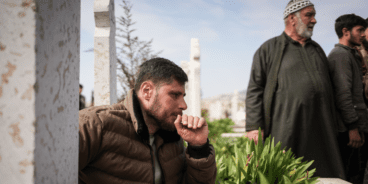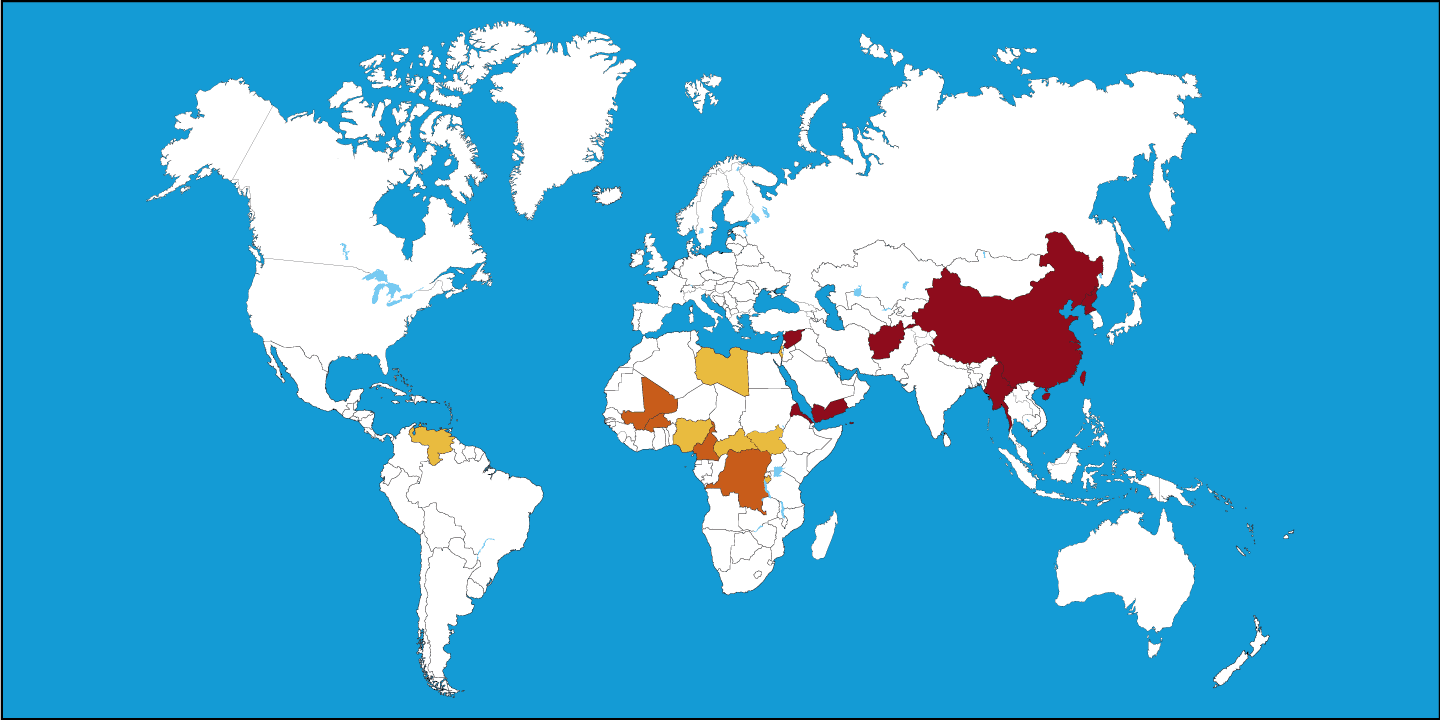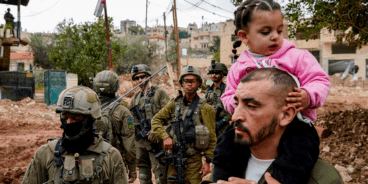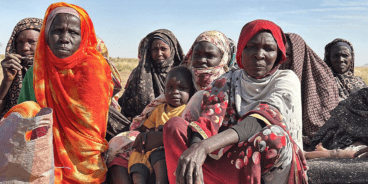

R2P Monitor, Issue 48, 15 November 2019
R2P Monitor is a bimonthly bulletin applying the atrocity prevention lens to populations at risk of mass atrocities around the world. Issue 48 looks at developments in Afghanistan, China, Myanmar (Burma), Syria, Yemen, Cameroon, Democratic Republic of the Congo, Mali and Burkina Faso, Burundi, Central African Republic, Libya, South Sudan and Venezuela.
Highlights include:
Current Crisis
Afghanistan
From December 2018 to September 2019 a United States government delegation engaged in talks with the Taliban in an effort to end their 18-year war in Afghanistan. However, as an agreement was being finalized, the Taliban launched attacks in Kunduz, Baghlan and Kabul, killing 94 civilians. The US has cancelled all further negotiations. Since 8 September Afghan security forces and the US military have escalated operations against the Taliban, who have also increased their attacks and bombings in civilian areas. UNAMA reported that there were more civilian casualties in Afghanistan between 1 July and 30 September than in any other three-month period in the past ten years, with 1,174 civilians killed and 3,139 wounded.
China
Approximately one million Uighurs and other Turkic Muslim minorities are currently being detained in “re-education” or “de-extremification” facilities in China without formal charges, due process, or access to legal representation. Systematic discrimination against the Uighurs, as well as surveillance systems that target the group, increases their vulnerability to violations and abuses of their fundamental human rights.
Myanmar (Burma)
More than two years since the government launched so-called “clearance operations” in Rakhine State, populations in Myanmar remain at risk of mass atrocity crimes perpetrated by the security forces and as a result of discriminatory laws and policies. Since August 2017 an estimated 720,000 people – the majority of the Rohingya population – have been forced to flee, bringing the total number of Rohingya refugees in Bangladesh to over 900,000 people. In its September 2019 report, the Human Rights Council-mandated Independent International Fact-Finding Mission on Myanmar concluded that Myanmar “continues to harbor genocidal intent” towards the Rohingya.
Syria
Since the Syrian crisis began in 2011 the conflict between the government and opposition groups has escalated into a civil war in which at least 560,000 people have been killed. On 9 October Turkish military forces launched “Operation Peace Spring” against the Syrian Democratic Forces (SDF) and the Kurdish People’s Protection Units (YPG), which the Turkish government regards as a terrorist organization. Since the start of the invasion there have been widespread civilian casualties and the Office of the UN High Commissioner for Human Rights (OHCHR) has documented attacks on health facilities and other civilian objects by Turkish forces and affiliated non-state armed groups, as well as summary executions. In addition, the escalation of fighting in Idlib and adjoining portions of Aleppo and Hama governorates – the last remaining opposition strongholds within Syria – since April puts populations at ongoing risk of mass atrocity crimes. OHCHR has confirmed 1,089 civilian deaths, including over 300 children, since the launch of the offensive – 1,081 of which are allegedly attributable to Syrian government and Russian forces.
Yemen
Despite diplomatic efforts to end Yemen’s four-year war, populations remain at risk of war crimes and are experiencing the largest humanitarian crisis in the world. Despite the December 2018 “Stockholm Agreement” and the ceasefire in Hodeidah largely holding, hostilities have intensified elsewhere, however, particularly in Al-Dhale, Hajjah, and Taiz governorates, as well as Aden.
Imminent Risk
Cameroon
Populations in Cameroon are at imminent risk of potential atrocity crimes due to the ongoing crisis in the Anglophone regions and military operations against the armed extremist group, Boko Haram. According to OCHA, eight out of ten regions in Cameroon are currently affected by political violence. Following diplomatic pressure, President Paul Biya organized a national dialogue during the first week of October, but several opposition and separatist leaders refused to participate.
Democratic Republic of the Congo
Several provinces in eastern DRC – notably North Kivu, South Kivu, Ituri and Tanganyika – have been plagued by recent inter- communal violence and attacks by armed groups. Meanwhile, widespread displacement from Ituri and North Kivu contributes to an already precarious security and humanitarian situation as the international community attempts to confront cholera, measles and Ebola outbreaks that have claimed the lives of thousands of people.
Mali and Burkina Faso
Since 2015 Islamist armed groups have expanded their activities from northern to central Mali, prompting the formation of ethnic militias and armed “self-defense groups” in many communities. A cycle of reprisal attacks in the Mopti region of central Mali has dramatically increased since January, with more than 600 people killed. The porous border between Mali and neighboring Burkina Faso has facilitated the expanded activities of Islamist armed groups throughout the region, dramatically increasing the number of attacks in Burkina Faso in the past couple of months.
Serious Concern
Burundi
In a report released on 4 September, the Human Rights Council-mandated Commission of Inquiry on Burundi found that ongoing violence against alleged government opponents constitute systematic attacks that have created an environment conducive to the commission of atrocities. According to the CoI, elections scheduled for 2020 could trigger further violations and abuses that may amount to crimes against humanity. The CoI has found evidence of recent extrajudicial killings and summary executions, enforced disappearances, sexual violence, arbitrary detention and torture of suspected dissidents. Such acts have primarily been carried out by the Imbonerakure, the youth wing of the ruling Conseil national pour la défense de la démocratie-Forces pour la défense de la démocratie (CNDD-FDD), together with members of the National Intelligence Service and police.
Central African Republic
Despite the signing of a peace deal during February, ongoing fighting amongst armed groups in CAR leaves civilian populations at risk of attack.
Libya
On 4 April Field Marshal Khalifa Haftar ordered his self-proclaimed Libyan National Army to launch an offensive against the UN-backed Government of National Accord based in Tripoli. At least 100 civilians have been killed and over 100,000 displaced since April. Additional fighting broke out in Murzuq, resulting in at least 45 civilians killed and thousands displaced.
South Sudan
Despite a September 2018 peace agreement, the risk of recurring armed conflict between government forces and armed rebel groups continues to pose a threat to civilians in South Sudan. Since the signing, there have been severe delays in implementing crucial components of the R-ARCSS, including the reunification of the armed forces, the demarcation of state borders, and the establishment of a Transitional Government of National Unity.
Venezuela
Since President Nicolas Maduro took office during 2013, popular discontent with the government has led to widespread protests. The government has routinely responded to mass protests with disproportionate and deadly force as well as the mobilization of auxiliary militias, so-called “colectivos.” The Venezuelan government has reported that 6,856 people have been killed in “security operations” since January 2018.
Related Content


Atrocity Alert No. 428: Israel and the Occupied Palestinian Territory, Myanmar (Burma) and Ukraine
